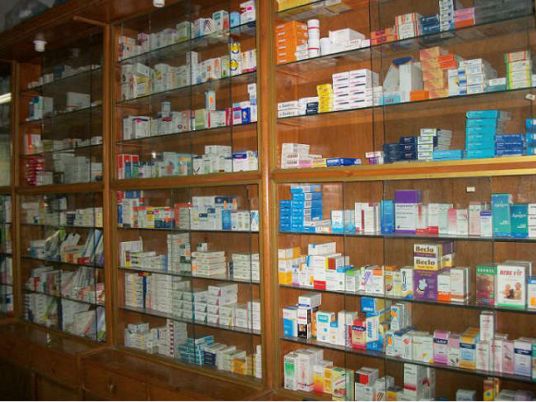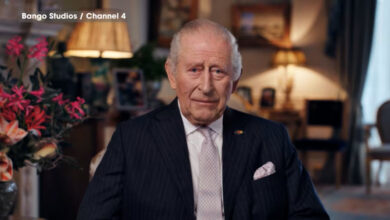
A group of 118 leading cancer experts have developed a list of proposals designed to reduce the cost of cancer drugs, and support a grassroots patient protest movement to pressure drug companies to charge what they deem a fair value for treatments.
The experts include former presidents of the American Society of Clinical Oncology and the American Society of Hematology.
"It's time for patients and their physicians to call for change," said Mayo Clinic hematologist Dr. Ayalew Tefferi, lead author of the paper published on Thursday in the journal Mayo Clinic Proceedings.
Tefferi said an insured cancer patient who needs a drug that costs US$120,000 a year would pay as much as $30,000 in out-of-pocket costs, which is more than half of the average US household income of $52,000.
Among the group's recommendations is the call for a new regulatory body that would help set prices once drugs win approval by the US Food and Drug Administration.
Tefferi said such a body would be made up of disease experts, company representatives, government entities including Medicare and other major insurers, and patients.
Other ideas include urging cancer specialist groups to consider cost when making treatment recommendations.
The proposals are the latest effort by cancer doctors to raise awareness of the need for more rational prices for cancer treatments.
Last month, doctors at Memorial Sloan Kettering Cancer Center in New York created a calculator called the DrugAbacus that adjusts the price of 54 cancer drugs to reflect the side effects they cause and the benefit they bring in extending patient lives.
In the latest effort, the cancer experts want lawmakers to allow Medicare to negotiate drug prices for seniors covered by the federal insurance program for the elderly.
They also suggest the Patient-Centered Outcomes.
Research Institute, created through the Affordable Care Act, and similar groups, include drug prices in their assessments of the value of treatments.
The group also wants the US government to allow the importation of cancer drugs from other countries such as Canada, where drug costs are cheaper, and to reform patent laws to make it harder for drug companies to block access to generic drugs.
Tefferi said the point of the movement is not to undermine drug companies' right to a fair profit, but, he said, "patients are suffering. We've offered some solutions."




